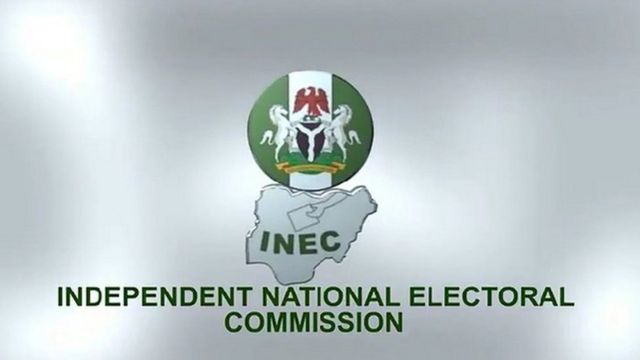
The Independent National Electoral Commission (INEC) has called on the National Assembly to enact stricter laws prohibiting politicians from carrying large sums of money at polling units to curb vote-buying and other electoral malpractices in Nigeria.
This comes as the House Committee on Electoral Matters prepares a 2025 Electoral Act to replace the current 2022 Electoral Act, which lawmakers say exposed legal loopholes during the 2023 general elections.
Vote-Buying Threatens Credible Elections—INEC
Speaking at a consultative meeting in Abuja on Friday with security agencies and the technical committee on electoral law amendments, INEC’s Director of Litigation and Prosecution, Tanimu Muhammed (SAN), raised concerns over vote-buying, calling it a major threat to Nigeria’s democratic process.
The meeting, organized by the Joint Senate and House of Representatives Committees on Electoral Matters in partnership with the Policy and Legal Advocacy Centre (PLAC) and supported by the UK Foreign, Commonwealth, and Development Office (FCDO), focused on strengthening electoral security and legal reforms.
According to Muhammed, politicians often justify carrying large sums of cash on election day by citing payments for party agents and logistics. However, he stressed that unrestricted cash flow at polling stations fuels vote-buying and undermines the credibility of elections.
INEC Proposes Cash Limit at Polling Units
To tackle this issue, Muhammed suggested a cash limit of ₦50,000 within polling areas.
“Vote-buying remains one of the biggest threats to credible elections in Nigeria. We need legislation that not only criminalizes this practice but also implements preventive measures,” he stated.
Beyond vote-buying, INEC officials reiterated the longstanding demand for the creation of an Electoral Offenses Commission, arguing that INEC lacks the capacity to prosecute electoral offenders effectively.
“INEC is doing its best to handle prosecutions, but we need a dedicated institution with the legal authority and resources to investigate and prosecute electoral crimes comprehensively. The creation of an Electoral Offenses Commission would ensure that vote-buying, ballot snatching, and other crimes are met with swift legal action,” Muhammed added.
Security Challenges in Elections
The Commissioner of Police in charge of election planning and evaluation, Abayomi Shogunle, who represented the Inspector General of Police, highlighted the logistical challenges faced by security forces during elections.
“We face major logistical challenges, from deploying officers to remote areas to ensuring real-time communication during elections. These are issues that need to be addressed if we are to effectively enforce electoral laws,” Shogunle said.
New Electoral Reforms on the Way
Responding to the concerns raised, the Chairman of the House Committee on Electoral Matters, Hon. Adebayo Balogun, assured that all critical issues discussed would be addressed in the upcoming electoral reforms.
“The 2022 Electoral Act was a significant step forward, but its implementation in the last general elections revealed areas that need improvement. We are committed to strengthening our electoral laws to reflect the realities of our democracy,” Balogun said.
He emphasized that, apart from legislative reforms, there is a need for increased awareness among political parties, INEC officials, and civil society organizations on the dangers of vote-buying and other electoral malpractices.
